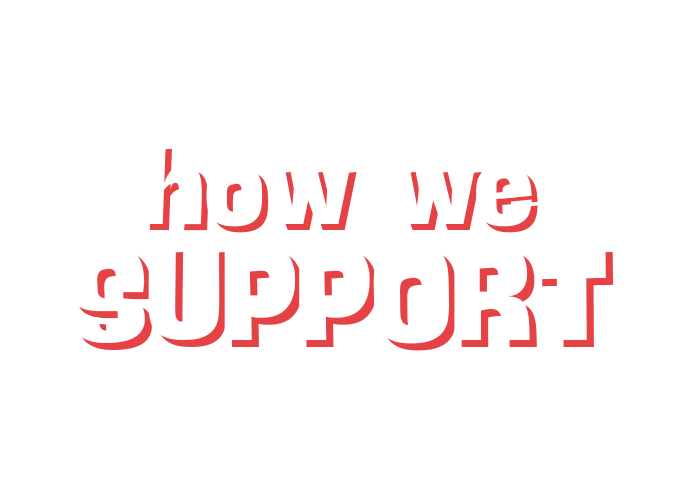

Supported Employment
Supported employment refers to jobs where people with higher support needs (i.e. people who, because of their disabilities, need ongoing support to obtain and/or keep paid employment) can receive extra support while they are at work.
Supported Employment is for people with disability who want to work in a job, however will need ongoing support. People who access Supported Employment are usually unable to access the Finding and Keeping a Job model due to their ongoing support requirements.
Supported Employment provides people the opportunity to work in different workplaces. The jobs people do may vary depending on where they work and what they are interested in.
Whatever work people choose, we always make sure the work environment is safe and supportive and that they will be able to build skills and confidence in a job they will enjoy.
Employment Navigators can help people

Develop a range of work skills

Work in a safe and supportive environment

Learn new marketable skills

Feel satisfied in a rewarding job
Workplace assistance
Employment Navigators provide workplace assistance that enables people to successfully obtain or retain employment in the open or supported labour market. This support can be supplied to any working age participant (including students reaching working age) with an employment goal. This may include supports to:
Explore what work would mean for them
Build essential foundation skills for work
Manage complex barriers to obtaining and sustaining employment
Transition from an Australian Disability Enterprise (ADE)
Customise specialised job
Develop a career plan
Employment Navigators will assist people to find a job and work out what model of employment best suits them.
Small Business/Self-Employment
For many people with disability, self-employment provides a way to be financially independent, arrange the workplace to suit a person’s individual needs, and achieve job satisfaction. People who are self-employed may also be referred to as small business owners, independent contractors or freelancers.
At Employment Navigators, we assist people to gain employment doing almost any job or task as their own business owner. Either we can support a person and/or their family to manage this business or we assist to set up their business with the following:
✔ Obtain an ABN
✔ Set up insurance cover
✔ Assist to set up an invoicing process
✔ Provide monthly invoices and reports
✔ Any other assistance as required
School Leaver Employment Supports (SLES)
What is SLES?
School Leaver Employment Supports (SLES) is a National Disability Insurance Scheme (NDIS) funded support. It’s designed to assist young people find meaningful employment once they leave school by building their skills, independence, and confidence.
SLES goes deeper than simply finding a person a job. It’s about laying the foundations a young person will need to engage with employers now and into their future – and building their capacity to live an independent life.
Who is eligible for SLES?
While the supports are typically aimed at year 12 students, anyone who’s legally old enough to leave school can access them. This is usually around year 10, but this varies depending on which state or territory you’re living in. In most cases, the cut-off age for SLES eligibility is 22.
What are the benefits of SLES?
✔ Communicating in social and workplace situations
✔ Computer literacy
✔ Accounting and basic money management
✔ Resume writing and interview skills
✔ Strategies to find suitable job opportunities
✔ Working in a team
✔ Understanding workplace culture
✔ Time management
✔ Employee Rights and Responsibilities
Interested in SLES?
